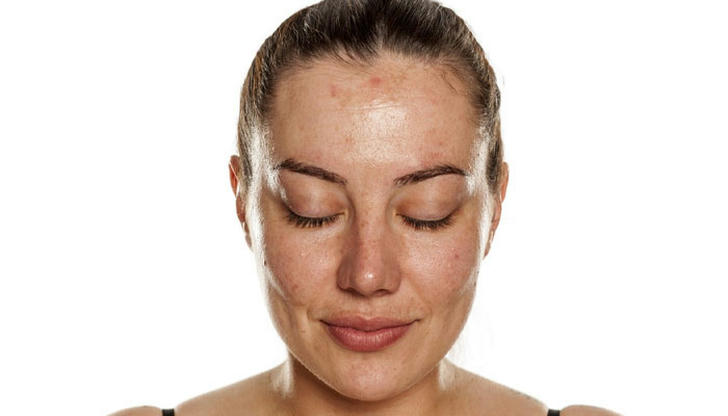What Your Skin Is Telling You About Your Health
Your skin is not only the body’s largest organ but also a vital indicator of your overall health. Changes in skin appearance, texture, or sensation can be early warning signs of underlying health issues—sometimes serious ones.
In this article, we’ll explore what different skin changes might mean and how to respond to them.

Dry, Flaky Skin ❄️
Possible Causes:
- Dehydration: Not drinking enough water
- Hypothyroidism: An underactive thyroid can reduce skin oils
- Nutritional Deficiencies: Lack of vitamins A, C, or E
- Eczema or Psoriasis: Chronic inflammatory skin conditions
Persistent dry skin accompanied by itching or redness should be checked by a dermatologist.
Yellowing of the Skin and Eyes (Jaundice) 🟡
- Indicates excess bilirubin buildup, often due to liver or gallbladder problems.
- Conditions such as hepatitis, cirrhosis, or bile duct obstruction can cause jaundice.
If you notice yellowing skin or whites of your eyes, seek medical attention immediately.
Changes in Skin Color or Pigmentation 🎨
- Dark patches (melasma): Often related to hormonal changes or sun exposure
- Pale or ashen skin: Can indicate anemia or poor circulation
- Red patches or flushing: Could suggest rosacea, allergies, or autoimmune diseases
New or Changing Moles and Spots ⚠️
- Watch for the ABCDEs of melanoma detection:
- Asymmetry
- Border irregularity
- Color variation
- Diameter >6mm
- Evolving size or shape
Any mole that looks suspicious should be evaluated by a healthcare professional promptly.
Unexplained Rash or Itching 🤔
- Can be a sign of allergies, infections, or autoimmune disorders.
- Chronic itching without rash may indicate liver or kidney disease.
Excessive Sweating or Dryness 💧
- Excess sweating (hyperhidrosis) might point to thyroid issues or infections.
- Dryness could relate to dehydration, aging, or skin conditions.
Swelling and Puffiness 🥴
- Swollen skin may indicate allergic reactions, infections, or kidney/liver problems.
- Puffy eyes in the morning can be caused by fluid retention or thyroid disease.
Skin Texture Changes 🔍
- Thickened or leathery skin may develop due to eczema or chronic irritation.
- Thin, fragile skin can result from aging, steroid use, or certain illnesses.
Skin Lesions That Don’t Heal 🚑
- Persistent sores or ulcers can be signs of skin cancer or underlying vascular problems.
How to Keep Your Skin Healthy 🌿
| Tip | Explanation |
|---|---|
| Stay hydrated | Drink plenty of water daily |
| Use sunscreen | Protect skin from UV damage |
| Balanced diet | Rich in vitamins A, C, E, and omega-3 |
| Avoid smoking | Smoking accelerates skin aging |
| Regular skin checks | Self-exams and professional screenings |
When to See a Doctor
- New or changing moles
- Persistent rashes or itching
- Yellowing skin or eyes
- Unexplained swelling or texture changes
Early diagnosis of skin conditions can prevent complications and improve outcomes.
Conclusion
Your skin is a window to your internal health. Paying attention to changes and taking proper care can help detect issues early and maintain your overall well-being.
Make skin health a priority, and consult healthcare professionals when needed to keep your skin—and body—healthy and vibrant.
Listen to your skin—it’s telling you more than you think!
References
- American Academy of Dermatology
- Mayo Clinic: Skin health guide
- National Institutes of Health (NIH)
- Journal of the American Medical Association (JAMA) Dermatology
